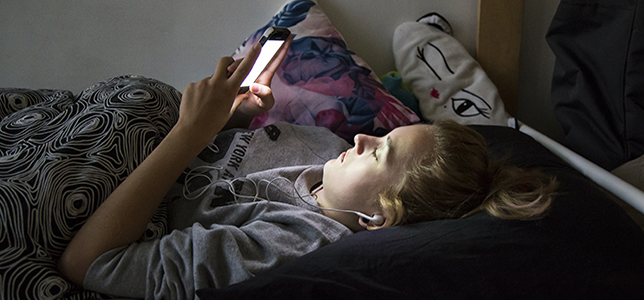Personal computing device shipments are looking stronger than expected for 2019, and smartphone deliveries are expected to bump up in 2020, according to two separate analyses by International Data Corp.

Millennials are more likely to ditch broadband and just use their smartphones at home, while older generations prefer a broadband connection, according to a new survey from ReportLinker Insights.
A pilot program from Pennsylvania State University’s Teaching and Learning With Technology office explores the value of “smart presence” technologies in education.
The Georgia Institute of Technology has teamed with a private partner to develop new technologies, such as telematics, wearables or LTE network improvements, for the Internet of Things.
The University of Minnesota is suing the four largest wireless service providers in this country, accusing them of infringing on several university patents.
High-speed mobile broadband is poised to explode within the next five years. According to a new forecast, by 2019, subscriptions to LTE and LTE-Advanced will reach into the billions.
The ruling this week by a federal court on the Open Internet (Net Neutrality) Order may turn out to be, as one commenter called it, "a terrible idea," or, as another observer put it, a source of "a lot of overheated rhetoric." Education, for its part, could well see major changes to how it's able to deliver learning content to students online.
Student reporters are using a new tool to provide news coverage of campus events for their campus television station.
No, it's not about forcing the little guys out of business! Calvin College Senior Instructional Designer Daniel Christian explains a strategy that, with the use of technology, he hopes would result in a 50 percent or more savings to students on a higher education.
KU's three-year, multi-million dollar DAS rollout aims to improve wireless coverage and capacity across the 1,000-acre campus.